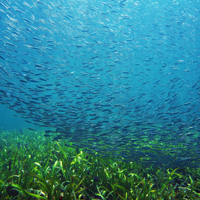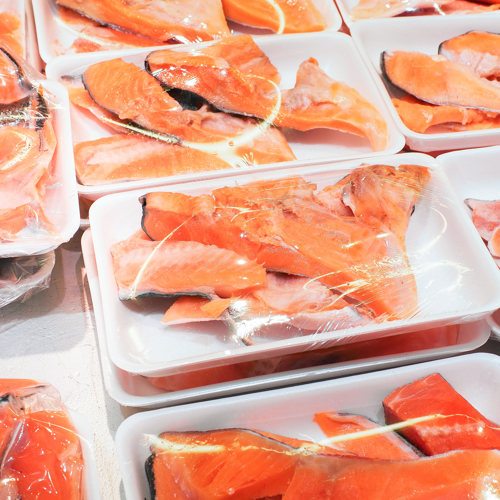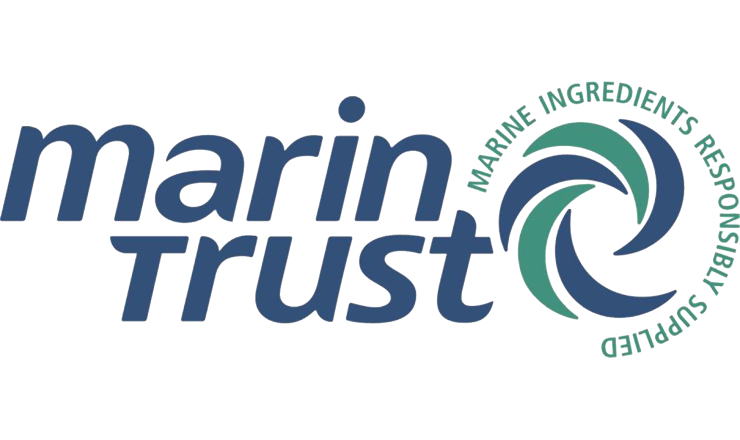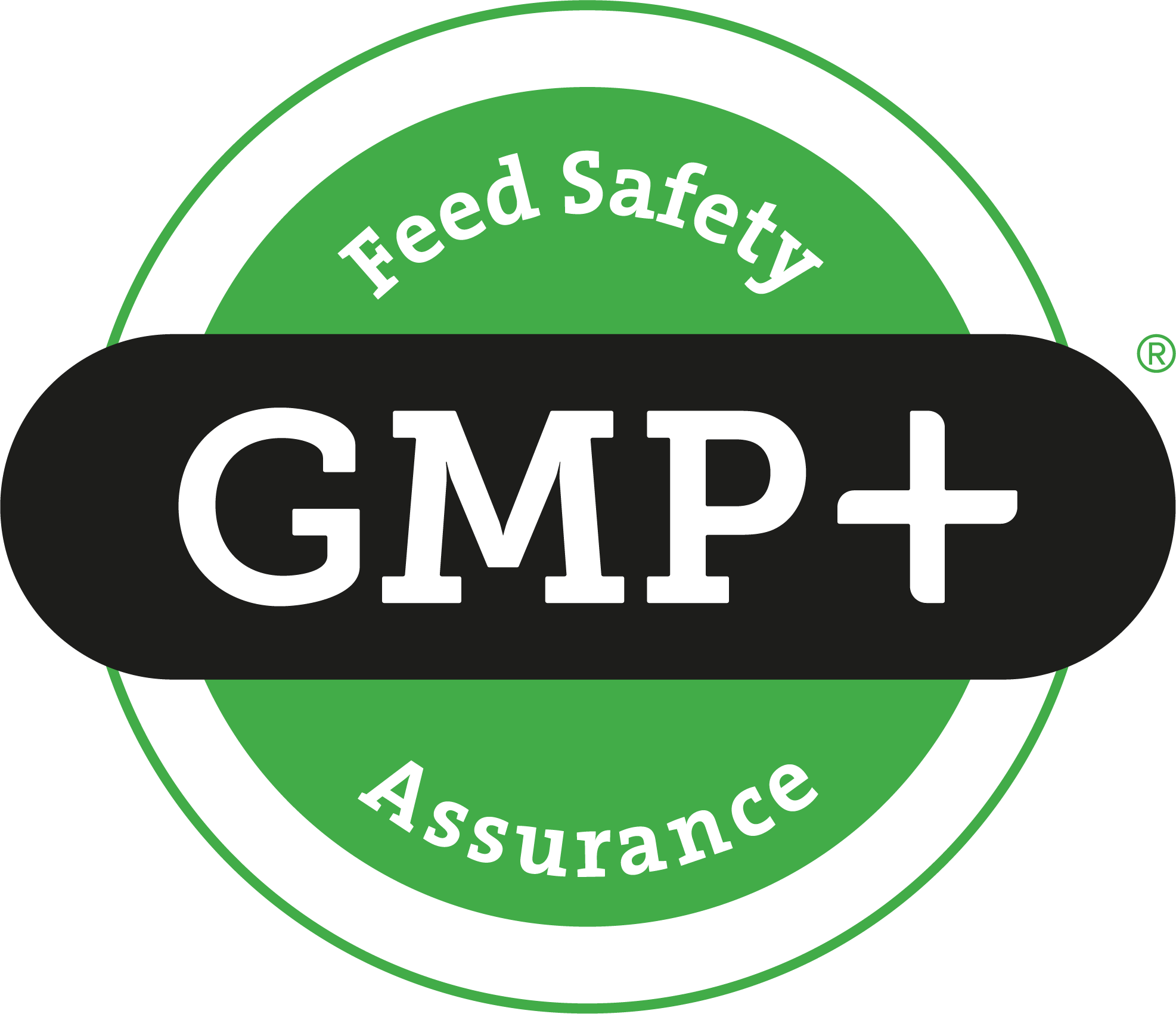


Traceability is defined as the ability to trace and follow food, feed and food-producing animals through all stages of production and distribution.
Our role in traceability lies first and foremost in the process of tracking our products as it moves between our storage locations or to our customers.
In instances where an issue of contamination arises, and a product recall is required, we find it absolutely vital to have an effective traceability system in place.
Our system ensures that our customers have timely and accurate information to minimise the impact on feed safety and throughout our customers' businesses.
We value a traceability system that can handle information in the supply chain all the way back to the fisheries.
As we always try to meet the demands of our customers in the best possible way we are aware of the increasing focus and requirements from consumers and authorities.

Thus, we have a tracesbility system that is certified according to the MarinTrust program. The MarinTrust program standard for seafood traceability makes sure that consumers and customers can have confidence that the fish meal they are buying can be traced back to a fishery.

TripleNine is very conscious of its role in the food chain, and the quality of our products must naturally reflect this. This is fulfilled by observing the food safety policies and the rules of GMP + B2.
TripleNine also ensures that all its fishmeal and fish oil contains very low levels of dioxin, lower than the EU limit, and is guaranteed salmonella-free. Likewise, TripleNine can purify fish oil for POPs down to very low levels using a gentle cleaning process with activated carbon.
TripleNine is approved by the Danish Ministry of Food, Agriculture and Fisheries to process fish meal and fish oil in accordance with the conditions laid down by EC-regulation 1069/2009: Health rules concerning animal by-products not intended for human consumption.

Kenneth Storbank
Chief Commercial Officer